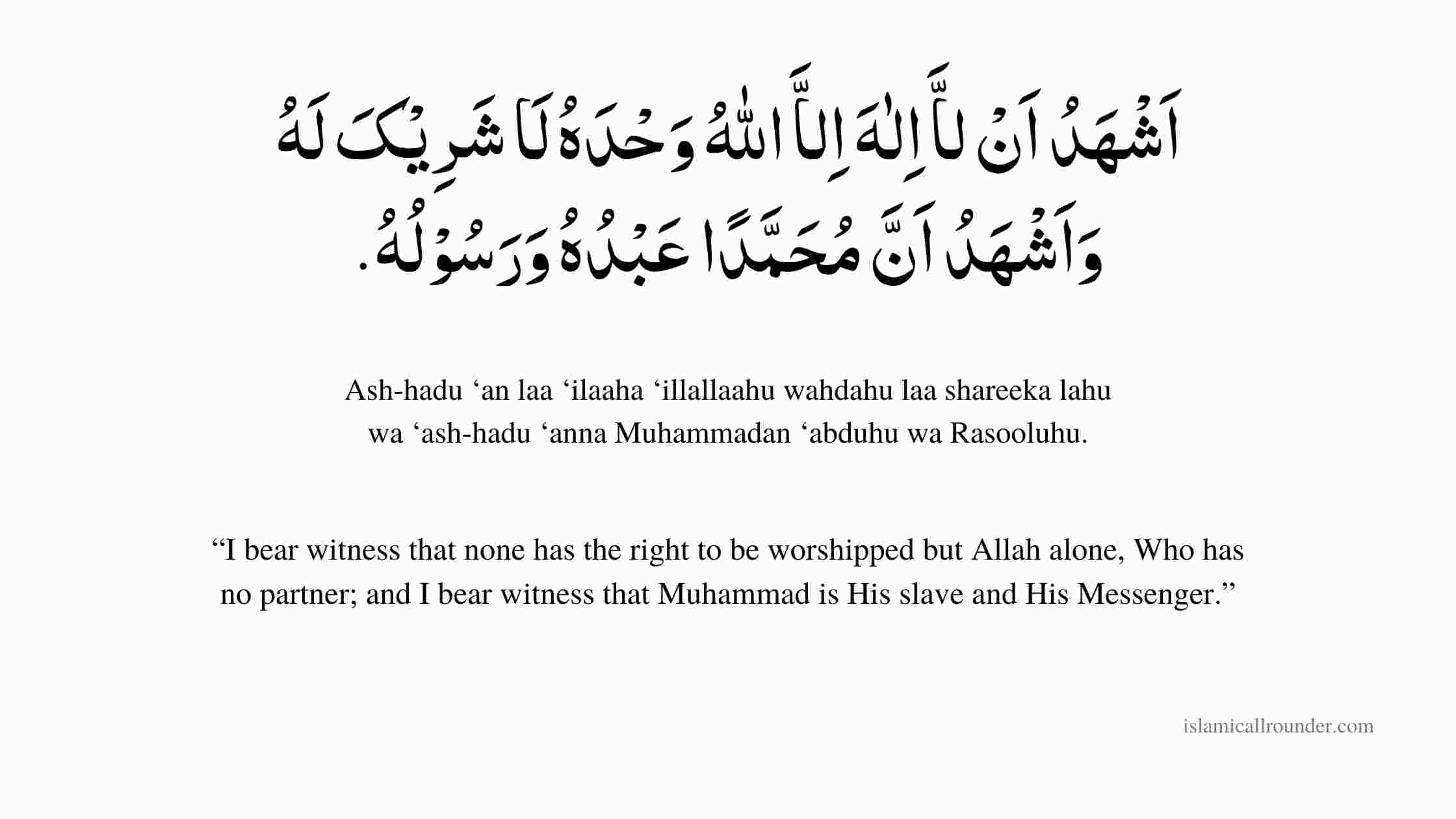Are you looking Dua after wudu & Dua before wudu” Allah says in the Quran that we want to purify our servants is not its purpose that we want to hurt It means to be free from impurity (dirt and impurity), whether external or internal and cleaning is like gaining half faith. Purification is achieved before praying and performing other acts of worship. And ablution is performed for this purpose.
Would you like to receive more of its spiritual blessings when you perform wudu, then try to recite these duas before performing wudu and after performing wudu, as explained by the scholars and thus you can also recite duas during wudu, which will surely bring good results.
Reciting these Duas is a Sunnah act. If you recite these Duas, you will get blessings, but if a person does not recite these Duas, he will also perform ablution. In this article, we’ll explore the significance of the dua after Wudu, how to correctly recite it, and the virtues associated with it.
What is Wudu and Why is it Important?
Wudu is an Islamic practice of washing certain parts of the body, including the hands, mouth, nose, face, arms, head, and feet. This ritual cleansing is performed before prayers to ensure physical and spiritual cleanliness. Wudu is not just about washing; it’s a form of worship that purifies the body and soul, preparing the believer to stand before Allah in prayer.
The Prophet Muhammad (peace be upon him) emphasized the importance of Wudu, stating that it not only cleanses the body but also washes away sins. Each drop of water that falls from the believer during Wudu is said to remove sins committed by the corresponding body part.
Dua Before Wudu

The Messenger of Allah, peace and blessings be upon him, said to Hazrat Abu Huraira: Recite this dua every time you perform ablution.
The name of Allah should be mentioned before every work; otherwise, the work will not be completed. Prayer is not only an important duty; rather, she is the leader of all worships and her health depends on wudu, so ablution also became important; therefore, the name of Allah should be mentioned even before wudu.
Dua After Wudu


The Importance of Reciting Dua After Wudu
After completing Wudu, it is highly recommended that a specific dua be recited. This supplication serves as an acknowledgment of the cleansing process and a reminder of the believer’s intention to maintain purity throughout the day. The dua after Wudu is a way to seek Allah’s forgiveness and blessings, making the act of Wudu even more spiritually rewarding.
How to Perform the Dua After Wudu
The dua after Wudu is straightforward and can be recited in Arabic or your language, depending on your comfort level. The most commonly recited dua after Wudu is:
Ashhadu alla ilaha illallah wahdahu la sharika lahu wa ashhadu anna Muhammadan abduhu wa rasuluhu.
Translation: “I bear witness that there is no deity worthy of worship except Allah, alone without partner, and I bear witness that Muhammad is His servant and messenger.”
This dua reaffirms the core beliefs of Islam: the oneness of Allah and the prophethood of Muhammad. By reciting this dua, you renew your faith and commit to living a life of purity and righteousness.
The Virtues of Reciting Dua After Wudu
Reciting the dua after Wudu is not only recommended but also carries significant rewards. According to a Hadith narrated by Umar ibn Al-Khattab, the Prophet Muhammad (peace be upon him) said that anyone who performs Wudu and recites this dua will have the eight gates of Jannah (paradise) opened for them, and they may enter through whichever gate they wish. This highlights the immense spiritual benefits of this simple yet profound act.
FAQs
Q1: Is it mandatory to recite the dua after Wudu?
No, it is not mandatory to recite the dua after Wudu. However, it is highly recommended as it adds to the spiritual benefits of the Wudu and earns extra rewards.
Q2: Can I recite the dua after Wudu in my language?
Yes, you can recite the dua in your language if you are not comfortable with Arabic. The critical aspect is the intention and understanding of what you are saying.
Q3: What should I do if I forget to recite the dua after Wudu?
If you forget to recite the dua immediately after Wudu, you can still say it later, as long as you haven’t engaged in any other activities that would nullify Wudu.
Q4: Are there any other recommended duas to recite after Wudu?
While the dua mentioned above is the most commonly recited, some people also recite additional supplications, such as asking for Allah’s forgiveness or thanking Him for the ability to perform Wudu.
Conclusion
Reciting the dua after Wudu is a simple yet powerful practice that can significantly enhance your spiritual journey. It reinforces your connection with Allah, renews your faith, and brings you closer to the promise of Jannah. By making this supplication a regular part of your routine, you can ensure that every act of Wudu is not just a physical purification but also a means of earning Allah’s pleasure and mercy.
See from us more Rerlated:
